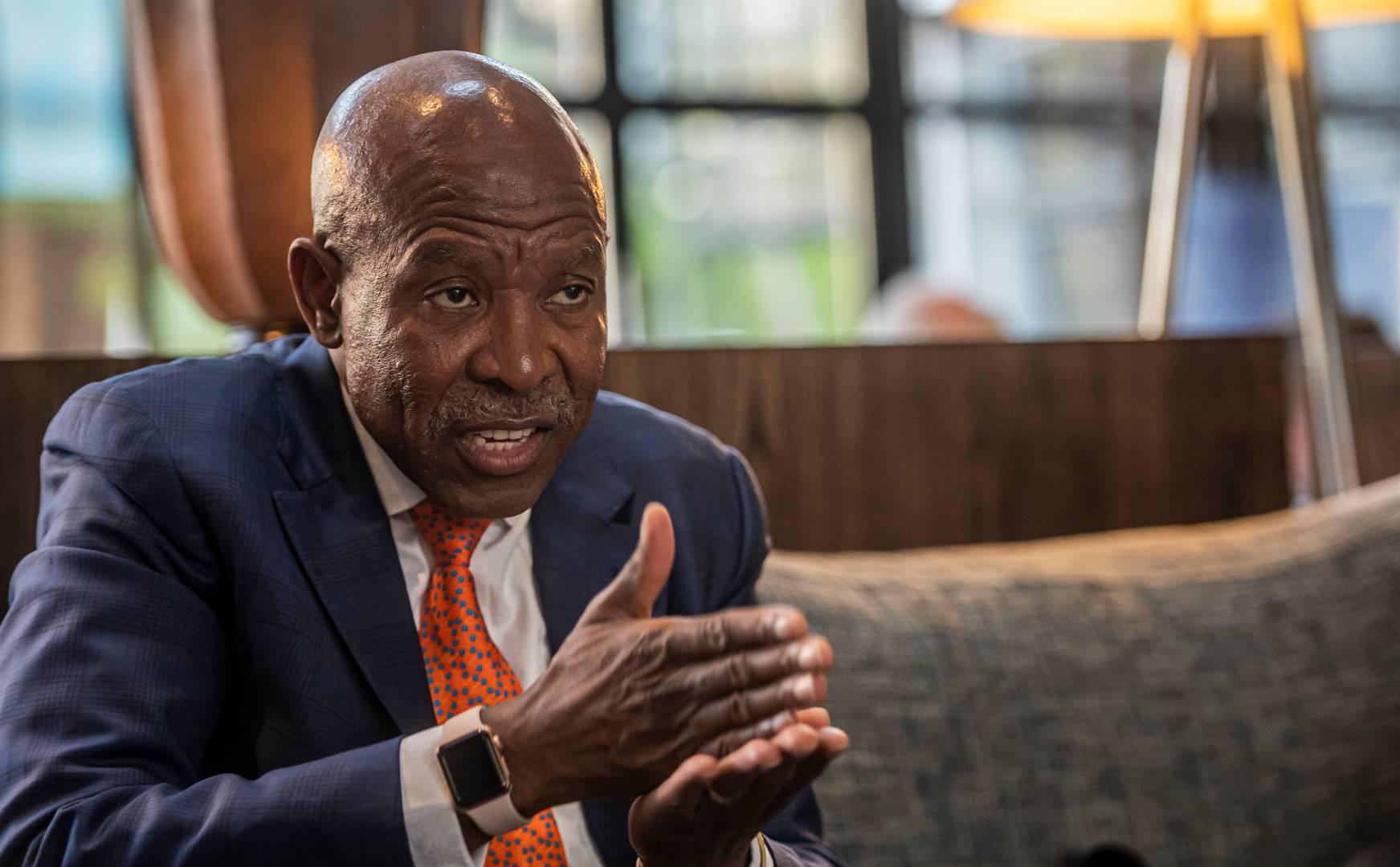Africa-Press – South-Africa. The South African Reserve Bank (SARB) says it gave Ubank shareholders two years to raise more capital for the bank to avoid curatorship. However, it became clear that it either did not have the money or were not willing to pump in more than they already had.
The SARB placed Ubank under curatorship last week due to capital adequacy problems. Ubank’s capital adequacy ratio fell from over 20% in 2020 to around 3% in May 2022, far below the minimum regulatory requirement the SARB set for it.
Speaking during the presentation of SA’s financial stability review on Wednesday, SARB Governor, Lesetja Kganyago said Ubank’s capital adequacy issue has been under its watch for years.
While the bank had enough liquidity to give depositors their money back when prompted, it had been eroding its capital. By the time the SARB put the bank under curatorship, its cost-to-income ratio was more than 100%.
Ubank shareholders couldn’t raise capital for two years
Two years prior to taking the curatorship route, the SARB placed Ubank under “supervisory intensity” so that it could closely monitor and nudge it to do something.
“Any notion that would suggest that the issues of Ubank arose a weekend before it was put on curatorship is not based on any facts,” said Kganyago.
He said in the past week many people have asked why the SARB didn’t talk to the mining sector unions before taking the decision to put the bank under curatorship. The National Union of Mineworkers (NUM) told Fin24 that it was “highly shocked and surprised” by the move.
But Kganyago said the SARB had been telling Ubank’s shareholders for two years to raise more capital or get someone else to do so.
Ubank is owned by the Teba Fund Trust, which is administered by NUM and the Minerals Council of SA, with three trustees each.
“The shareholders of Ubank, throughout that period, throughout all those number of years, had demonstrated that they didn’t have the capital to put into Ubank. Or if they had the capital to put into Ubank, were not keen,” said Kganyago.
It became clear to the SARB that Ubank needed a shareholder with deeper pockets. So, the SARB advised Ubank shareholders to get a new shareholder, and they did, but that fell through.
“Last year there was a proposal on the table that eventually the shareholders of Ubank rejected,” he said. He added that the narrative that Ubank could suddenly raise capital overnight to avoid curatorship was wrong.
Governance issues
The SARB added that Ubank also had governance challenges. Although it made some necessary changes during the two years under “supervisory intensity” – including change in its board – it has been losing key staff members.
Deputy Governor Fundi Tshazibana said the board itself was not properly constituted either as it does not have enough independent non-executive directors.
“There were [also] a number of unresolved audit findings within the bank,” she said.
Facts, not emotions to determine BBC’s involvement
Kganyago’s remarks come days after Sekunjalo chairperson Iqbal Survé challenged the Black Business Council (BBC) to mobilise black businesses and work with the NUM to retain Ubank ownership.
IOL reported that during a BBC summit on Friday, Survé pledged R250 million to fund Ubank and possibly another R250 million to provide capital support to black entrepreneurs who borrow from the bank.
BBC CEO, Kganki Matabane, told Fin24 the organisation would like nothing more than mobilising its members to fund a black-owned bank. But it needs to understand Ubank’s financial hardships and other underlying problems better first.
“We have not engaged with Ubank yet. But we are going to engage with them soon to understand what led to where it is. You can’t just take over without understanding what brought it where it is,” he said.
But Matabane said the BBC would not rest until SA had a black-owned and black-managed bank.
“When the Black Business Council relaunched in 2011, it took a resolution that we need a black-managed and black-run bank,” said Matabane. “It will be the wish or the dream of the BBC until it happens,” he added.
For More News And Analysis About South-Africa Follow Africa-Press






